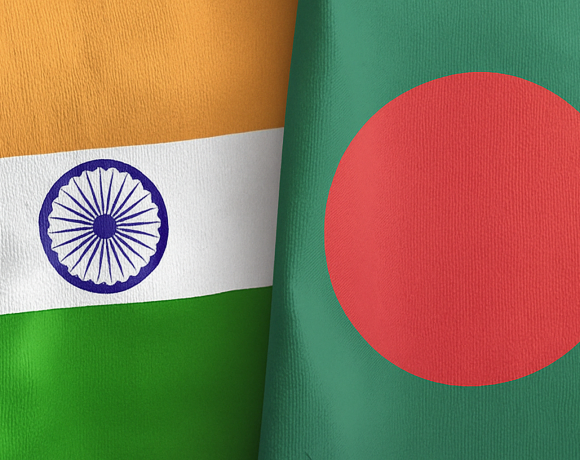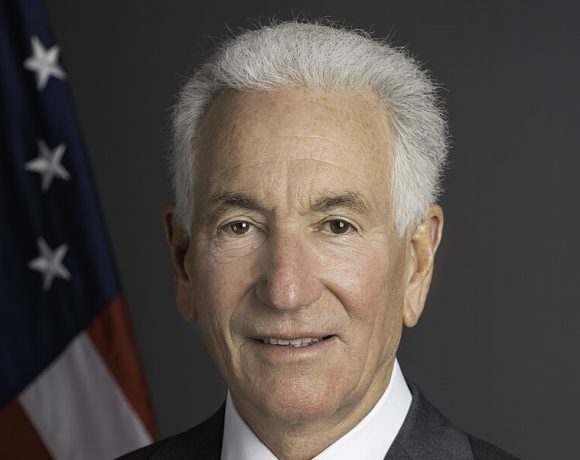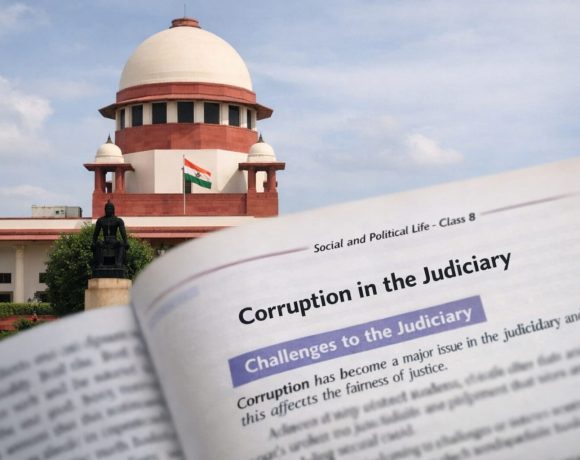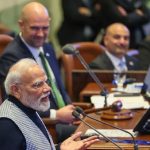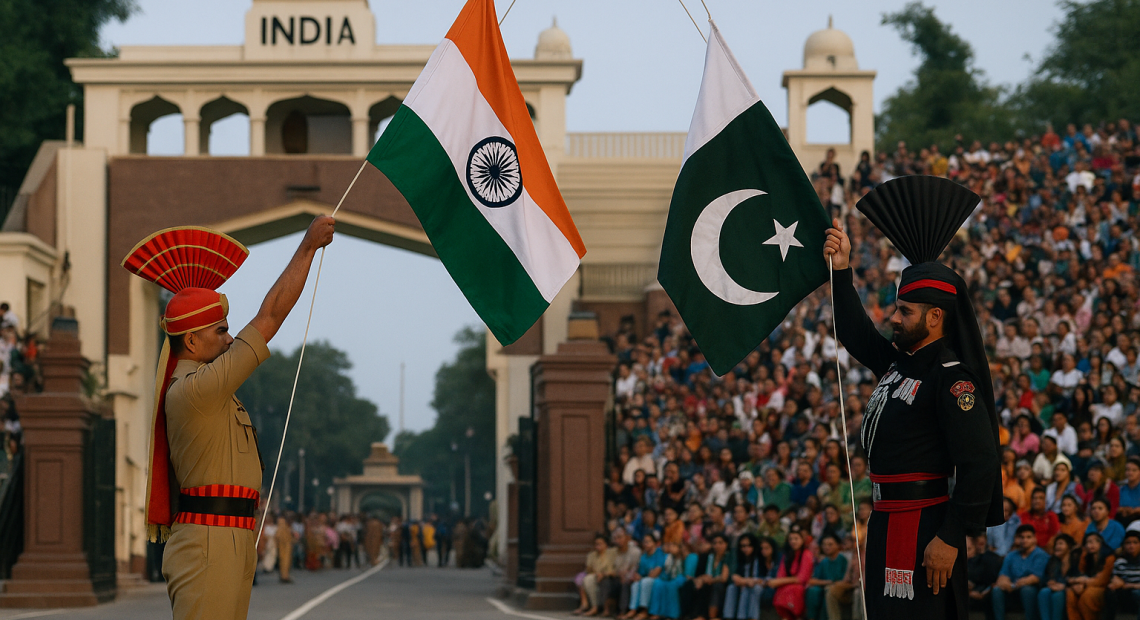
Pakistan Seals Wagah Border, Refuses Entry to Its Own Citizens
In a sudden and unexplained move, Pakistan sealed the Wagah border on Thursday, leaving several of its citizens stranded on the Indian side. The closure came in the wake of India’s directive for Pakistani nationals holding short-term visas to exit the country following the April 22 terror attack in Pahalgam, which claimed 26 lives and sparked nationwide outrage.
The Attari-Wagah border had seen a spike in movement as Pakistani citizens began returning home under India’s instructions. However, despite being ready to facilitate their return, Indian authorities found themselves unable to proceed as Pakistan refused to open its side of the crossing.
Stranded Pakistani national Suraj Kumar, who had arrived in India on a 45-day visa to take his elderly mother on a pilgrimage, expressed frustration. “I came to India ten days ago on a 45-day visa, but was told to leave early. When I reached Attari at 6 am today to return, I found the gates shut.”
Another traveler, Harsh Kumar, echoed the anxiety felt by those waiting at the closed gates: “I have been waiting here since 5 am. The border remains closed. I request the Pakistani authorities to open the gates and take us back. We are under stress.”
Pakistan Citizens Stranded
Scores of Pakistani citizens are now stuck in limbo, having obeyed the Indian government’s evacuation order only to be denied entry by their own country. The border closure has come with no official explanation from Islamabad, compounding the distress of those affected.
These individuals are now dealing with logistical uncertainty, rising accommodation costs, and emotional trauma. Many have families waiting across the border and are seeking urgent action to be allowed home.
India-Pakistan Tensions
The Wagah border shutdown is the latest sign of deepening hostility between India and Pakistan after the Pahalgam terror strike. India has directly blamed Pakistan-backed militants for the attack and initiated several countermeasures — revoking visas, expelling diplomats, and suspending bilateral water-sharing agreements.
Pakistan, on its part, has responded with denial and retaliatory actions — including halting trade and suspending diplomatic understandings. The decision to seal the Wagah border and effectively refuse its own citizens’ return only underscores Islamabad’s political posturing amid international scrutiny.
As tensions escalate and civilian lives get caught in the fallout, the closure of this key border crossing serves as a grim reminder of how ordinary people bear the consequences of diplomatic deadlocks.



